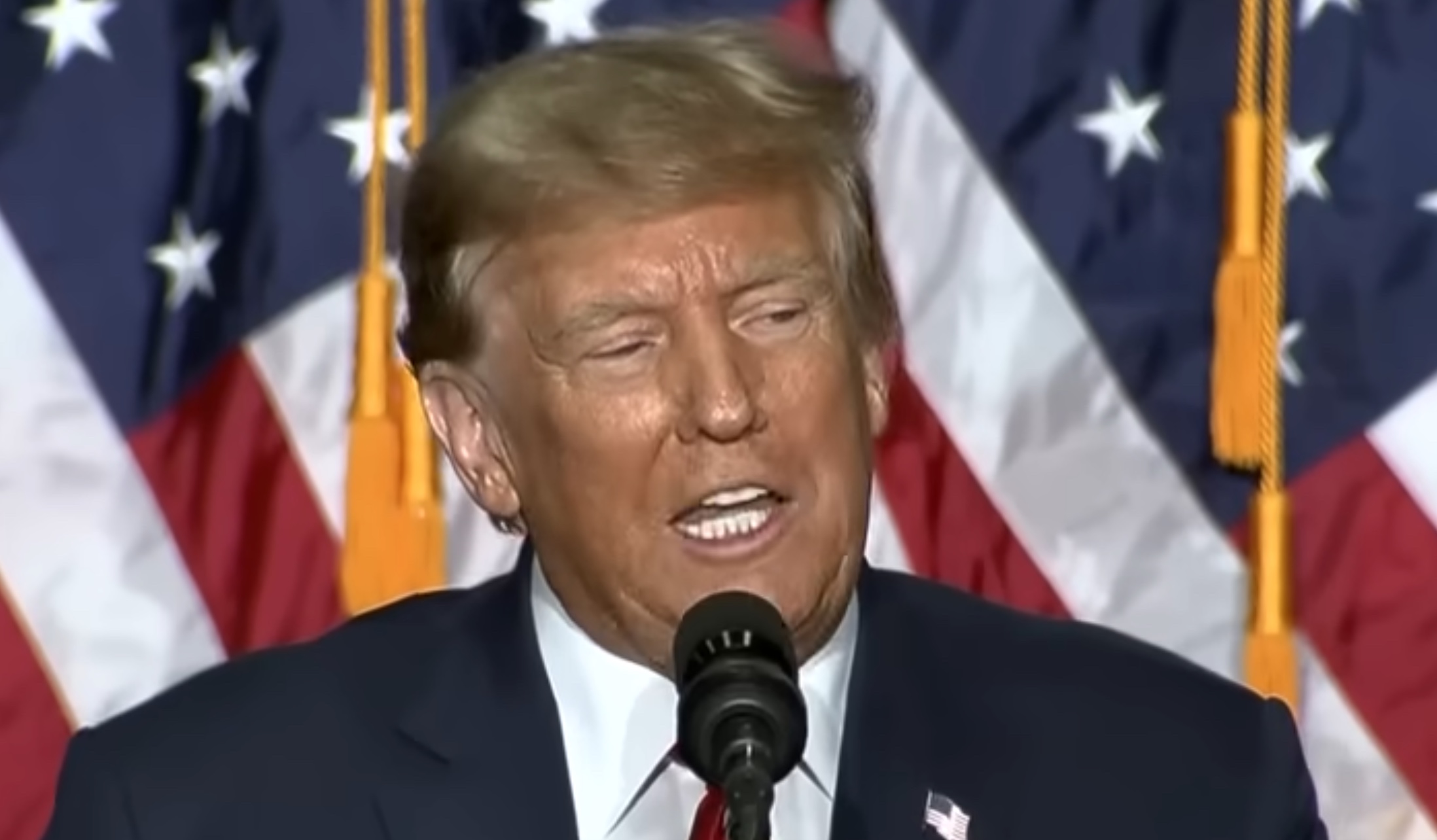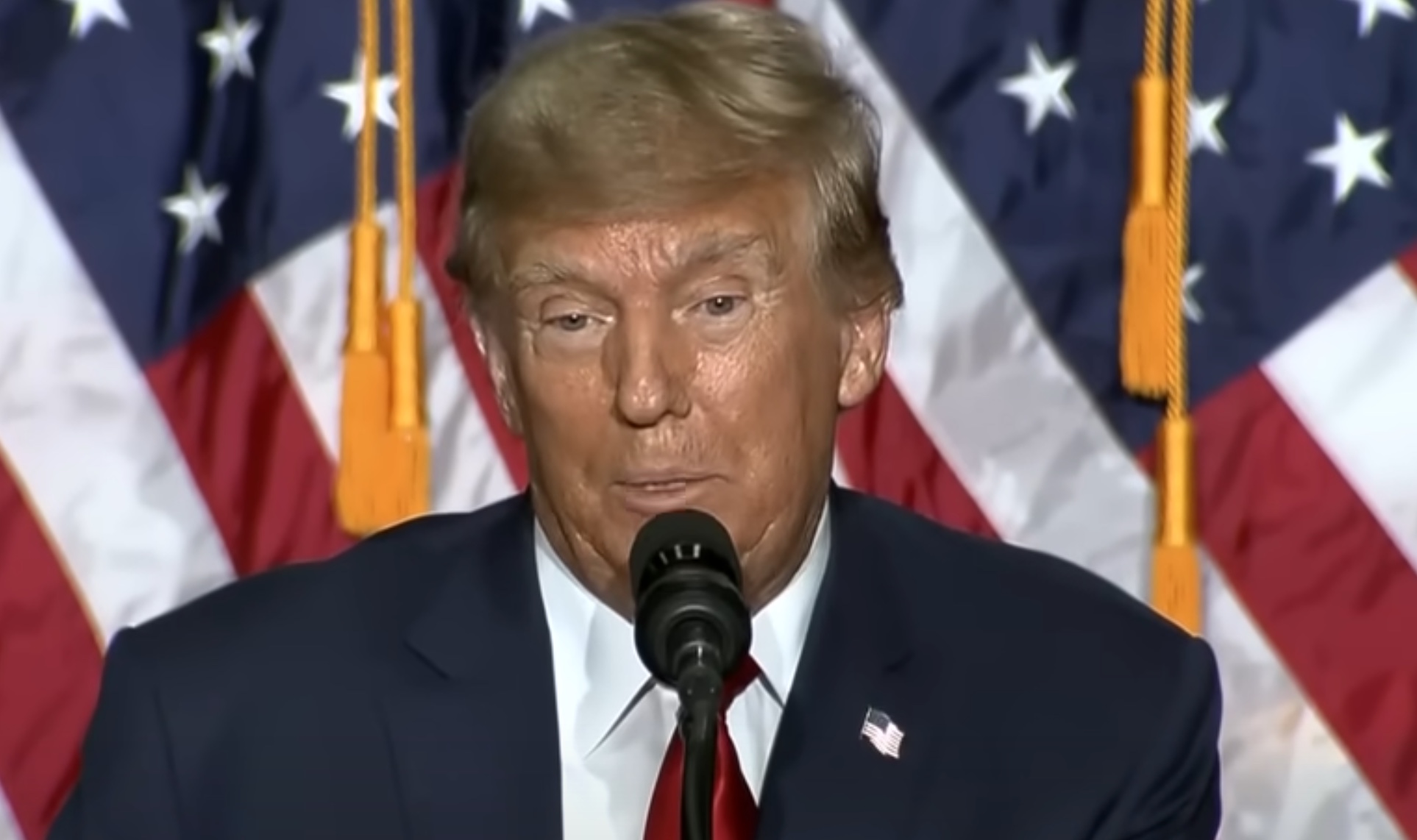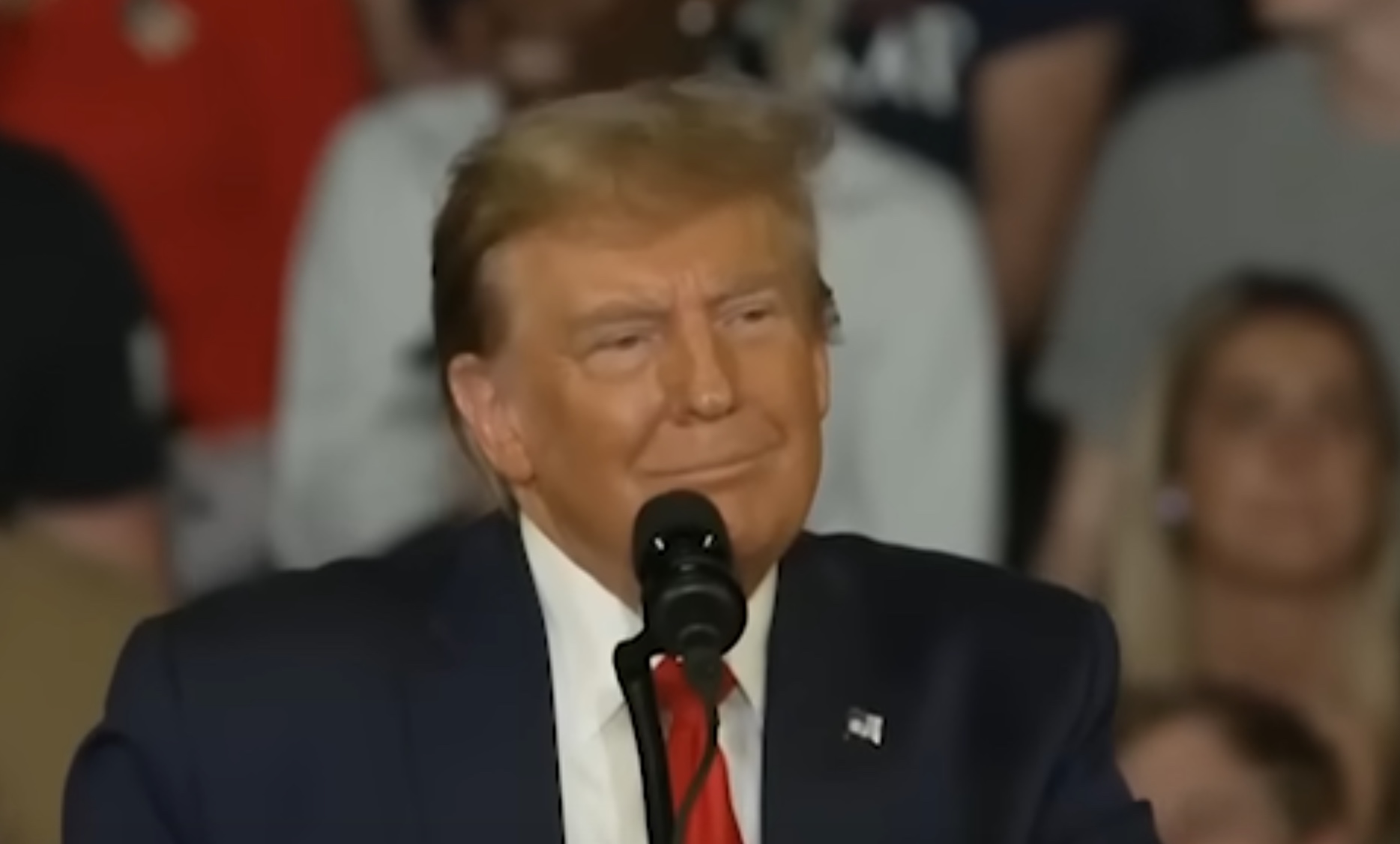Donald Trump’s appeal

via MSNBC
The Supreme Court’s decision to take up former President Donald Trump’s appeal of his case but maintain a stay on the proceedings provides a significant delay that benefits Trump in multiple ways.
The trial

via FOX
By scheduling oral arguments for April, the trial in district court will likely not begin until late August at the earliest, pushing it deep into the midterm election season.
Upend the legal landscape

via Forbes Breaking News
If Trump were to win the presidency in 2024, it could upend the legal landscape entirely.
Theory of immunity

via C-SPAN
While the Court did not endorse Trump’s broad theory of immunity, its intervention will push back the trial timeline substantially, even if the justices ultimately reject his claims on the merits.
His main goal

via Forbes Breaking News
For now, Trump has achieved his main goal of postponing potential accountability.
Presidential immunity

via C-SPAN
Presidential immunity, the legal principle that shields sitting presidents from certain civil and criminal proceedings, has long been a subject of debate and controversy in the United States.
Rooted in constitutional interpretation

via C-SPAN
Rooted in constitutional interpretation and judicial precedent, the concept of presidential immunity raises fundamental questions about the balance of power, accountability, and the rule of law in a democratic society.
The concept of presidential immunity

via C-SPAN
The concept of presidential immunity derives from the constitutional doctrine of separation of powers, which delineates the respective roles and responsibilities of the executive, legislative, and judicial branches of government.
The U.S. Constitution

via Forbes Breaking News
While the U.S. Constitution does not explicitly grant immunity to the president, the doctrine has been inferred from principles of executive privilege and the need to preserve the independence and effectiveness of the presidency.
Legal precedents

via Forbes Breaking News
Legal precedents, such as the Supreme Court’s decision in Nixon v. Fitzgerald (1982), have affirmed the existence of limited immunity for sitting presidents in certain circumstances.
Is not absolute

via C-SPAN
Presidential immunity is not absolute and does not shield the president from all legal scrutiny or accountability. While sitting presidents enjoy immunity from civil lawsuits arising from official acts performed in their official capacity, they remain subject to criminal investigations and proceedings.
A president can be held criminally

via Forbes Breaking News
However, the extent to which a president can be held criminally liable while in office remains a matter of debate, with legal scholars and policymakers offering differing interpretations of constitutional intent and precedent.
Over the years

via Fox News
Over the years, presidential immunity has been tested and challenged by various legal controversies and investigations, ranging from allegations of executive misconduct to criminal indictments.
Shield themselves

via CBS
Presidents have invoked executive privilege and other legal defenses to shield themselves from accountability, prompting clashes with Congress, the judiciary, and law enforcement agencies.
Legal and political debates

via CBS
The question of whether a sitting president can be indicted or prosecuted while in office has sparked intense legal and political debates, with implications for the sanctity of the presidency and the rule of law.
Not without limits

via Inside Edition
While presidential immunity serves to protect the presidency from undue interference and harassment, it is not without limits. The Supreme Court has affirmed that the president is not above the law and can be held accountable for criminal conduct committed before or after holding office.
Impeachment

via CNBC
Impeachment remains the constitutionally prescribed mechanism for addressing allegations of presidential misconduct, providing a means for Congress to investigate, adjudicate, and potentially remove a president from office for high crimes and misdemeanors.
A delicate balance

via CNN
Presidential immunity represents a delicate balance between the need to safeguard the independence and effectiveness of the executive branch and the imperative of ensuring accountability and adherence to the rule of law.
Evade accountability

via Fox News
While immunity can shield presidents from frivolous lawsuits and political vendettas, it must not be used as a shield to evade accountability for criminal wrongdoing or abuse of power.
Contours of presidential immunity

via KSAT 12
As such, the contours of presidential immunity continue to evolve and be shaped by legal precedent, political dynamics, and societal expectations of presidential conduct.
Complex and evolving

via Forbes Breaking News
Presidential immunity is a complex and evolving legal doctrine that touches upon fundamental principles of governance, accountability, and the rule of law. While designed to protect the presidency from undue interference, immunity must not be wielded as a shield to shield presidents from accountability for criminal conduct or abuse of power.
Executive privilege

via C-SPAN
As the United States grapples with questions of executive privilege, legal accountability, and the limits of presidential power, the principles of transparency, checks and balances, and adherence to constitutional norms remain paramount in preserving the integrity of democratic governance.

